HS-ESS2-2
Analyze geoscience data to make the claim that one change to Earth's surface can create feedbacks that cause changes to other Earth systems.
-
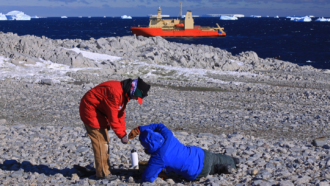 Earth
EarthUplifting Antarctic shores point to accelerating loss of glaciers
It appears the Pine Island and “Doomsday” Thwaites glaciers are losing ice — and shrinking faster — than at any time in the past 5,500 years.
By Douglas Fox -
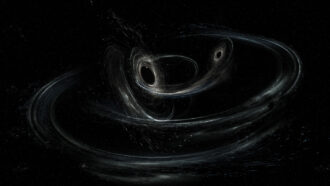 Space
SpaceGravitational waves ‘kicked’ a newborn black hole across space
Two black holes merged into one, and then sped off at around 5 million kilometers (3.1 million miles) per hour.
-
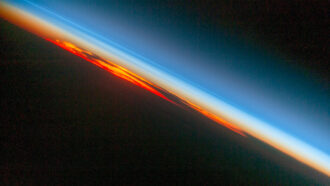 Earth
EarthScientists Say: Atmosphere
An atmosphere is an envelope of gas around a planet, dwarf planet or moon.
-
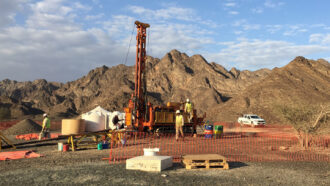 Earth
EarthA bold plan to save the planet turns carbon dioxide into stone
Scientists hope that capturing carbon dioxide this way will limit both further warming of our planet and an escalation of extreme weather events.
By Douglas Fox -
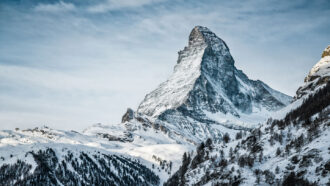 Earth
EarthThe Alps’ Matterhorn shows how much even big mountains sway
Such mountain sway data can help planners map high-risk zones for peaks, bridges or any large structures.
By Peg Lopata -
 Earth
EarthLet’s learn about Earth’s secret stash of underground water
Groundwater provides drinking water to billions of people and is used to water crops worldwide.
-
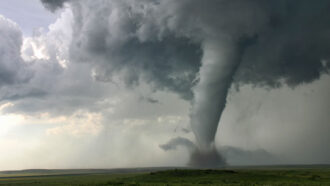 Earth
EarthLet’s learn about tornadoes
Tornadoes are often spawned by thunderstorms — but can also emerge from hurricanes and wildfires.
-
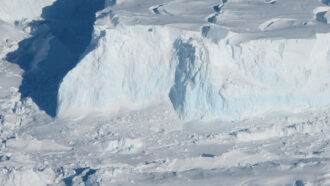 Earth
EarthThe ‘Doomsday’ glacier may soon trigger a dramatic sea-level rise
The ice shelf that had kept it in place could fail within five years. That would speed the glacier’s slip into the ocean, boosting a rise in sea levels.
-
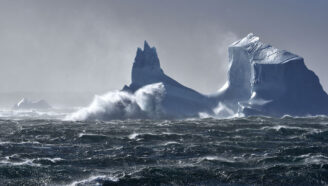 Life
LifeFrom icebergs to smoke, forecasting where dangers will drift
Smoke drifts. Fish eggs float downstream. Where such drifting things end up may seem a mystery. But research can predict where they’ll end up.
-
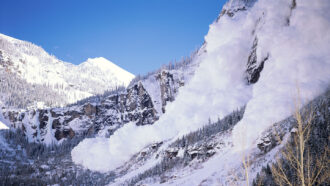 Earth
EarthScientists Say: Avalanche
The word avalanche usually refers to a huge snowslide down a mountain, but it can also be used to describe any large mass of material tumbling downhill.
-
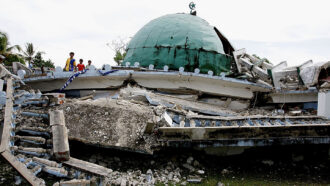 Earth
EarthWhat can ‘silent earthquakes’ teach us about the next Big One?
Earthquakes usually last seconds. But sometimes, they can last days, or even years. Here’s what scientists are learning about these “slow-slip events.”
-
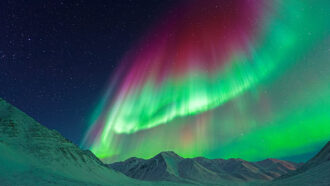 Space
SpaceLet’s learn about auroras
A gust of charged particles from the sun called the solar wind lights up auroras on Earth — and on other planets.